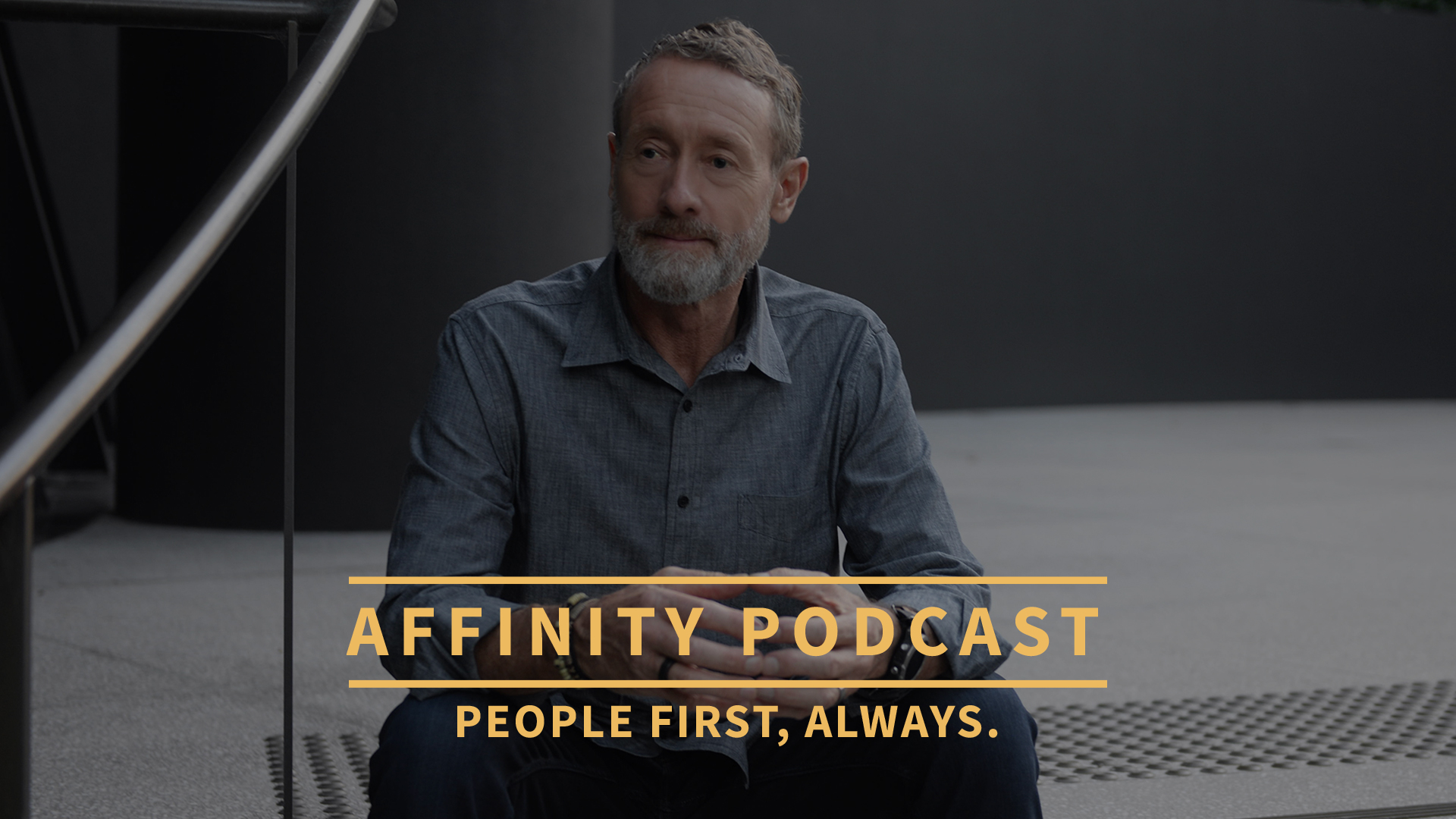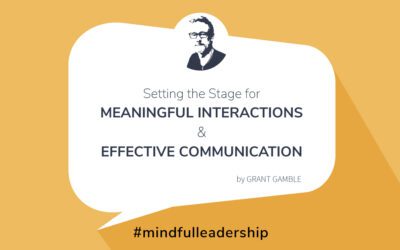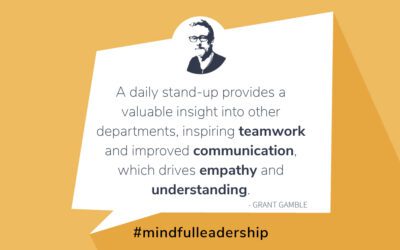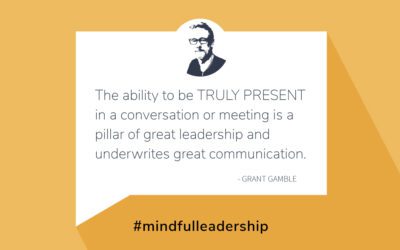Harnessing the Power of Physiotherapy: A Path to Pain Relief and Improved Performance & Mobility
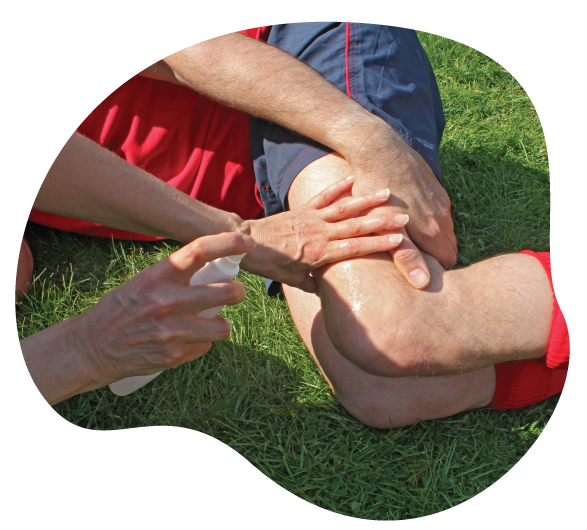

Grant Ian Gamble is a best-selling mindful leadership author and speaker. He has over 30 years of experience in leading teams to create innovative customer experiences, building engaged workforces, and developing leaders who prioritize mindfulness in their approach.
Discover the world of physiotherapy and how it can revolutionize your approach to health and well-being.
What is Physiotherapy (Physical Therapy)?
In a world where chronic pain and mobility issues affect millions of people, physiotherapy has emerged as an essential and effective approach to managing these conditions. By using evidence-based techniques to assess, diagnose, and treat a wide range of musculoskeletal issues, physiotherapy empowers individuals to regain control of their health and live more active, pain-free lives. In this article, we’ll explore the remarkable benefits of physiotherapy and how it can transform your approach to wellness.
Physiotherapy, also known as physical therapy, is a healthcare profession that focuses on the assessment, diagnosis, and treatment of musculoskeletal conditions and movement disorders. Physiotherapists are highly trained professionals who utilize a variety of evidence-based techniques, such as manual therapy, exercise prescription, and education, to help patients reduce pain, improve mobility, and prevent future injury. By working closely with patients to develop personalized treatment plans, physiotherapists support individuals in achieving their health and well-being goals.
Benefits of Physiotherapy (Physical Therapy)
Pain Relief: Physiotherapy offers a variety of evidence-based techniques, such as manual therapy, therapeutic exercises, and electrotherapy, to help reduce pain and inflammation in patients suffering from acute or chronic conditions.
Improved Mobility and Function: By addressing musculoskeletal imbalances and movement restrictions, physiotherapy helps patients regain their range of motion, improve strength, and increase overall function.
Injury Prevention: Physiotherapy plays a critical role in preventing injury by identifying and addressing potential risk factors, such as muscle imbalances, poor posture, and inadequate movement patterns.
Post-Surgical Rehabilitation: Physiotherapy is an essential component of post-surgical care, helping patients recover faster, regain mobility, and improve overall function after procedures such as joint replacements, spinal surgery, or sports-related surgeries.
Chronic Condition Management: Physiotherapy can play a vital role in managing chronic conditions, such as arthritis, fibromyalgia, and chronic pain, by providing tailored treatment plans that focus on pain relief, mobility improvement, and overall quality of life enhancement.
Athletic Performance Enhancement: Physiotherapists work with athletes to develop individualized training programs that help improve performance, prevent injury, and optimize overall health.
Physiotherapy in Practice
Examples of physiotherapy in practice may include:
- A patient recovering from a knee injury working with a physiotherapist to regain strength, stability, and mobility through a personalized exercise program.
- An individual with lower back pain receiving manual therapy and education on proper posture and body mechanics to alleviate pain and prevent future issues.
- An athlete recovering from a sports injury undergoing physiotherapy to enhance their rehabilitation process and safely return to their sport.
Physiotherapy offers a powerful and evidence-based approach to managing pain, improving mobility, and promoting overall health and well-being. By working closely with highly trained professionals, individuals can regain control of their health, prevent future injury, and live more active, pain-free lives. If you’re seeking a transformative approach to health and wellness, consider exploring the remarkable benefits of physiotherapy.
Your Ultimate Recovery Guide: Unlocking the Secrets to Peak Performance, Health and Well-being

Put PEOPLE FIRST, ALWAYS and watch your business flourish.
Dive deep into the latest trends in customer experience and team engagement, mindful leadership and management. Discover practical tools and strategies that you can use to build a people-centric culture, the foundation for sustainable long-term business growth and success.
Led by mindful leadership expert, Grant Ian Gamble, a best-selling author and true visionary with over 30 years of experience in leading teams to create innovative customer experiences, building engaged, inspired and fulfilled workforces, and developing leaders who prioritize genuine connection in their approach.
The guiding principle behind all of Grant’s work is PEOPLE FIRST, ALWAYS.
More Articles:
Next Steps Toward Mindful Leadership: 1. Setting the Stage for Meaningful Interactions and Effective Communication
I have broken down the "Next Steps Toward Mindful Leadership" into 3 chapters: 1. Setting the Stage for Meaningful Interactions and Effective Communication 2. A Great Hack for Introducing Meaningful Communication and Teamwork - The Daily Standup 3. The Heart &...
Next Steps to Mindful Leadership: 2. A Great Hack for Introducing Meaningful Communication and Teamwork: The Daily StandUp
I have broken down the "Next Steps Toward Mindful Leadership" into 3 chapters: 1. Setting the Stage for Meaningful Interactions and Effective Communication 2. A Great Hack for Introducing Meaningful Communication and Teamwork - The Daily Standup 3. The Heart &...
The Next Steps to Mindful Leadership: 3. The Heart & Soul of Communication: Visual & Auditory Connection
I have broken down the "Next Steps Toward Mindful Leadership" into 3 chapters: 1. Setting the Stage for Meaningful Interactions and Effective Communication 2. A Great Hack for Introducing Meaningful Communication and Teamwork - The Daily Standup 3. The Heart &...
Fill out the form below and receive a PDF download of "6 Key Strategies to Engage Untapped Fitness and Wellness Market Segments"
Let's Connect!
CUSTOMER EXPERIENCE, TEAM ENGAGEMENT & WORKPLACE WELL-BEING: AFFINITY OS™ | WELLNESS INTEGRATION | MINDFUL LEADERSHIP: "THE AFFINITY PRINCIPLE"
0475 866 592

The Affinity Principle™ by Grant Gamble presents a formula for business success through a people-centric, mindful leadership approach.
PEOPLE FIRST, ALWAYS.


